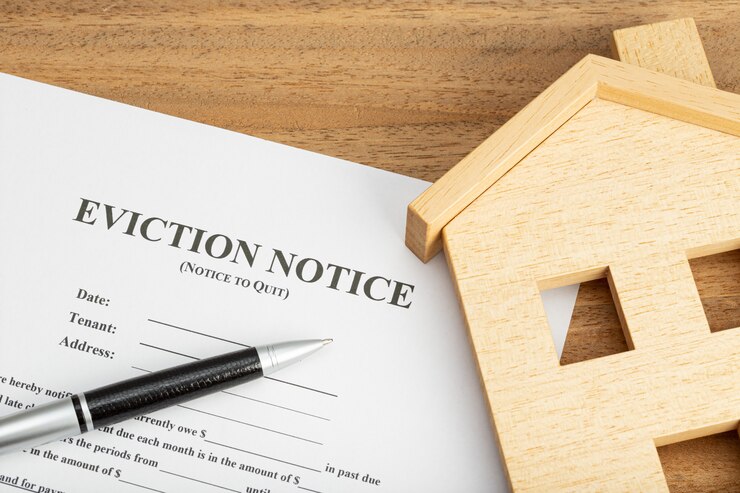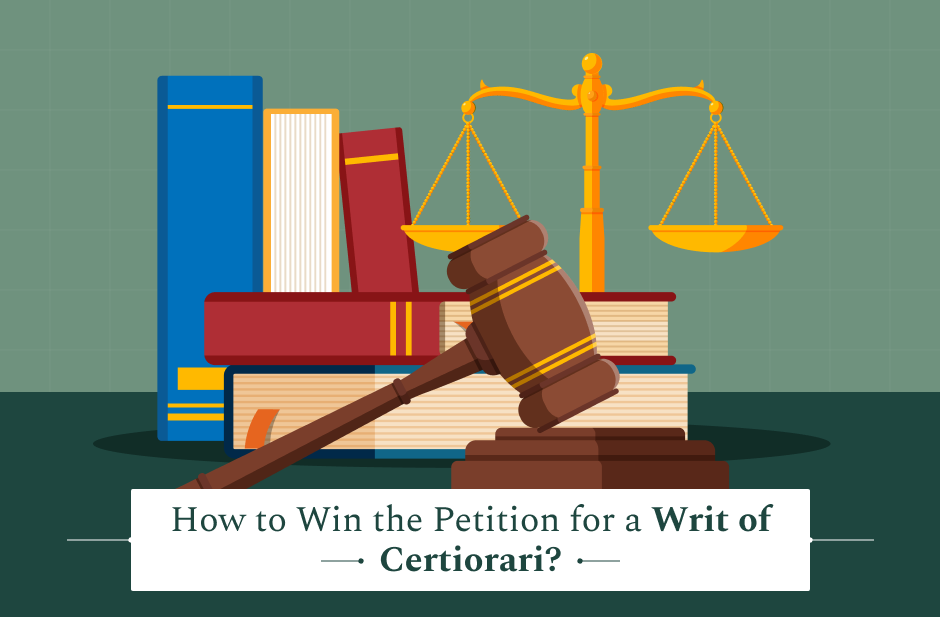The pandemic has hit the finances and credit reports of countless families and individuals throughout the United States.
Almost two years after the public health crisis upended normal life for people everywhere, eviction moratoriums in cities like New York are waiting to be lifted, putting Americans at risk in ways they might not expect.
How can the end of eviction moratoriums affect my credit report?
Even if you’re not one of the thousands of people who will be forced out of their homes due to eviction, your credit can still be at risk due to reporting errors made by background and credit reporting companies.
According to the Consumer Financial Protection Bureau, disputes filed by consumers against credit reporting entities have more than doubled since 2019. Some of the most recurrent errors include paid loans being listed as unpaid, incorrect personal information such as addresses, and “mixed files”
Evictions are not directly listed on your credit report, but third parties like tenant and job screening agencies report this type of information.
An eviction on your credit report caused by a mixed file error can cause you to lose out on opportunities, housing, and more because of its impact on your score. Many families and individuals do not have the time or the tools to navigate the frustrating dispute process, but Consumer Attorneys can help.
How can an erroneous eviction impact my credit?

Once an eviction is listed in your report, even if it is incorrect, your credit score may not be immediately affected. The eviction itself will not show up on credit reports from Transunion, Equifax, or Experian.
But if the debt goes unpaid, a landlord can sell it to a collection agency and it could remain on your credit report for seven years if it goes unaddressed. This can cause your score to plummet.
What is a mixed file?
A “mixed” file occurs when negligent screening companies completely or partially mix up people’s information. When people are inevitably evicted en masse, consumers with similar names, addresses, or social security numbers may find their background report incorrectly lists an eviction.
These mixed reports can cause significant damage, and financial and emotional distress to consumers’ lives, especially if they don’t know how to file a dispute. For instance, when one of our clients booked a three-month stay with Airbnb while he waited to move into his newly purchased condo, he soon found himself on the street due to erroneous information included in the company’s background check.
The background check service used by Airbnb found another person with the same name and similar social security number had a criminal background and violated Airbnb’s policy. Despite the other person being incarcerated at the time the background check was doncuted, Airbnb forced our client to leave, causing him embarrassment and financial losses.
Our expert attorneys worked with the client to ensure the background reporting agencies and Airbnb were held accountable. Often, with the right legal help, the process of filing a dispute and winning compensation for damages is easier and faster.
Why Was My Background Report Mixed With Someone Else’s Information?
Mixed reports can result from both human and machine errors, and it is the background screening company’s duty to ensure all information included in a report is correct. If you see common errors like mixed reporting in your file, it is considered a violation of the FCRA.
Usually, in cases of identity theft, a consumer can see if payments were made under the false account, which means the mixed report is likely not due to fraud. Human errors like typos or misspellings in your credit file can cause a mixed report, as can a credit bureau “mixing” you up with another person.
For instance, people named after parents or relatives, twins, and siblings are frequently confused for one another on reports. Similar names, Social Security numbers, and addresses also make consumers vulnerable to reporting mistakes.
If your report includes evictions that aren’t yours due to an event like moratoriums being lifted in your area,
Other common reasons for mixed reporting include:
- Data entry errors
- Sharing a name with another person
- Misspellings of names
- Name changes
- Identity fraud
Will A Mixed Report Cost Me Money? How Can I Fix It?

The consequences of a mixed report listing an eviction can cost you more than just money. In addition to potentially being rejected by landlords and mortgage loans, a mixed report can lead to being denied jobs or other opportunities.
First, you must place a call to each background check service that reported your information, which can sometimes fix the problem right away. Usually, you will have to send a formal dispute letter with all relevant information included. Outline your problem in your letter, the erroneous information, and a copy of the report that highlights the incorrect information. You must do this separately for every company with incorrect reports.
Be sure to document and save everything you send to keep a record of the efforts you made to correct the report. You should continue to monitor the claim for the next 30-45 days as federal exceptions have allowed 15 extra days for bureaus to resolve claims.
Errors are incredibly common in background and credit reporting, but Americans are still impacted by them financially each year. Though prone to error, consumer data reporting agencies are massive entities, making them difficult to work with when you have a problem that needs to be addressed.
Can I sue if I have trouble resolving my dispute?
The FCRA requires that credit bureaus and other companies that report consumer data to look into and correct any mistakes in their reporting within 30 days (45 due to COVID-19). If that time has passed and you have not received any follow-up or experienced other frustrations with a bureau, company, or background check agency, you have the right to sue.
You may want to consider hiring an attorney to hold credit bureaus accountable and recoup any financial or emotional loss. Consumer Attorneys offers a free consultation to help get you started on the road to untangling mixed reporting mess. Call Us Now 877-615-1725 or send us an email info@consumerattorneys.com, and we look forward to advocating for you.
Read Also:
















